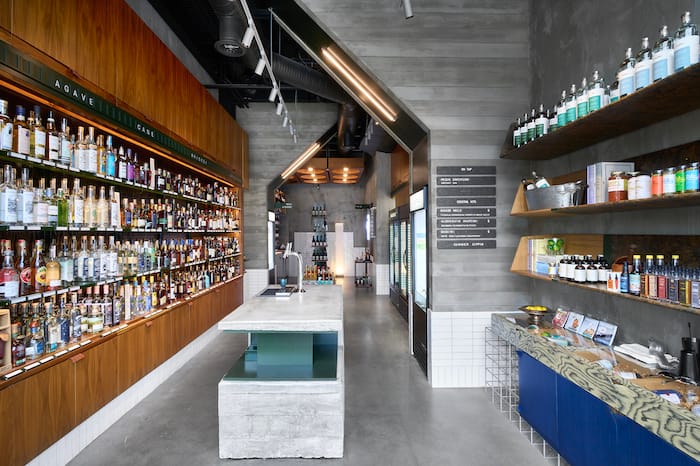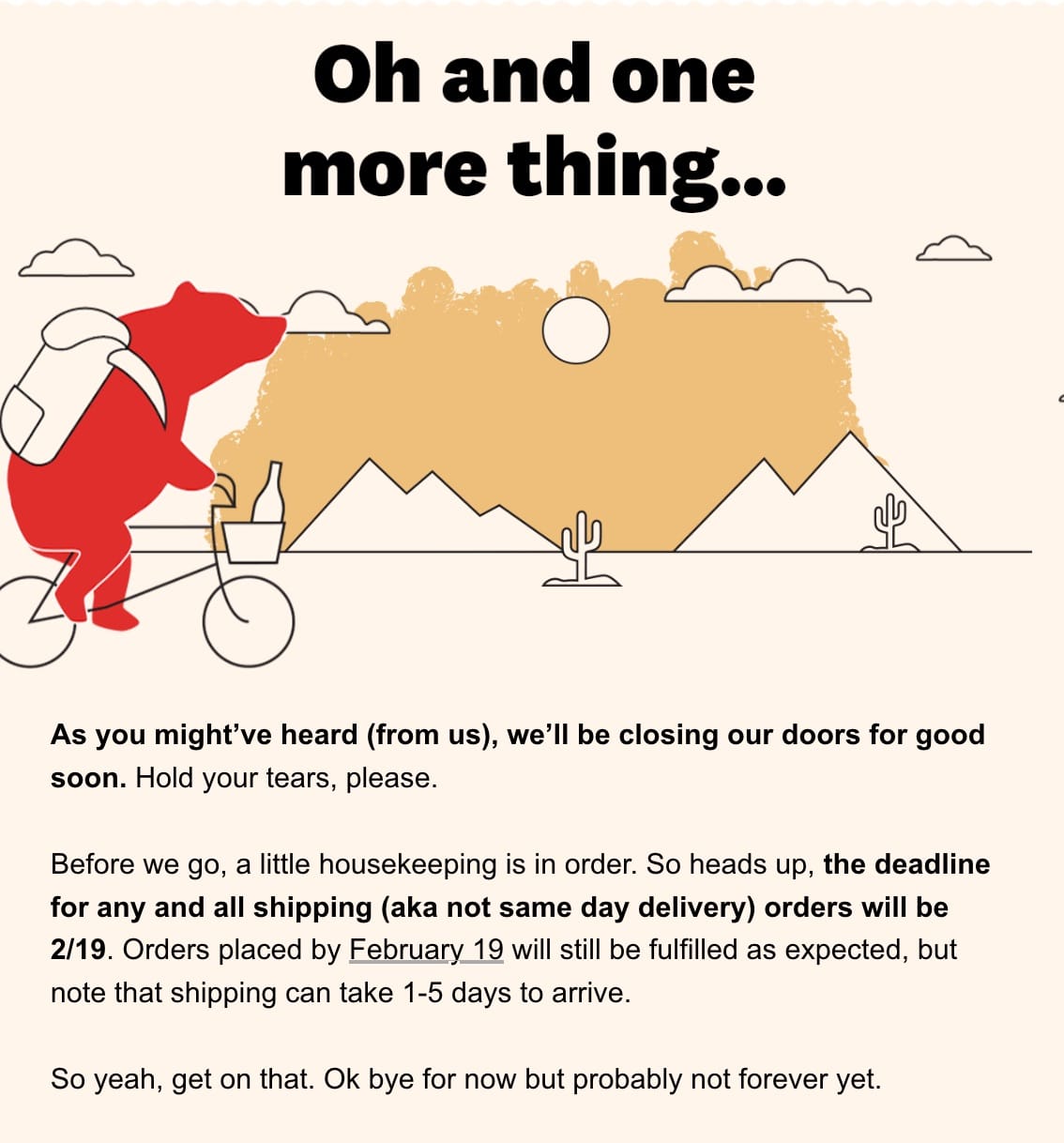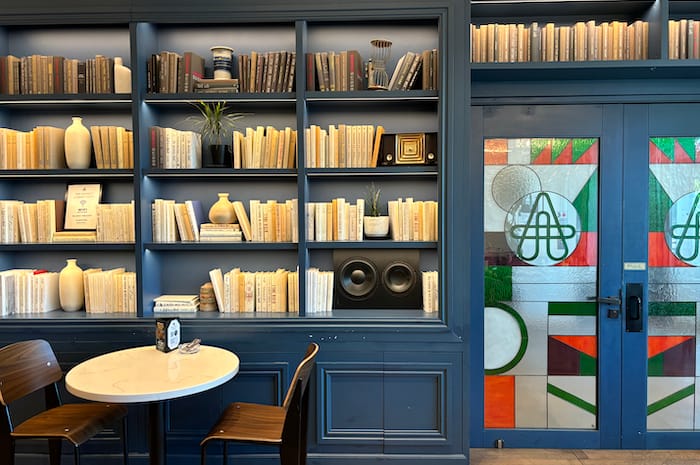Drizly, Uber & How Independent Liquor Stores Should Think About Omnichannel
February 28, 2024
Read Time
5 min

By the end of March, Drizly will turn off its website and app as its parent Uber seeks to transition both consumers and merchants over to the Eats platform. Historically, delivery mergers have been riddled with issues from DoorDash’s acquisition of Caviar in 2019 to Uber’s acquisition of Postmates in 2020. The former was evidenced by missing orders while the latter transition saw migration hurdles for drivers and subsequently resulted in an ~8% loss in its combined Los Angeles market share, Postmates’ top market. This begs the question– what will it take for Uber to retain Drizly’s merchants and customers? Furthermore, what opportunities does the shuttering of Drizly create for local liquor stores and vertically-integrated players like Gopuff?
Whereas Drizly relied on liquor stores to handle their own fulfillment, Uber Eats’ liquor merchants can now leverage the platform’s logistics for a higher commission, extending their radius. If these merchants decide to opt-in to the new structure, Uber will need to ensure a seamless transition when it comes to migrating menus, operating hours, and feed position such that stores don’t witness any interruptions to their third-party delivery sales.

Subscribe to continue reading
Sign up now for HNGRY Trends to read weekly stories like this and join the community of hundreds of food tech industry insiders from CloudKitchens, Uber, DoorDash, GoPuff, and more.
Already a member? Log in







